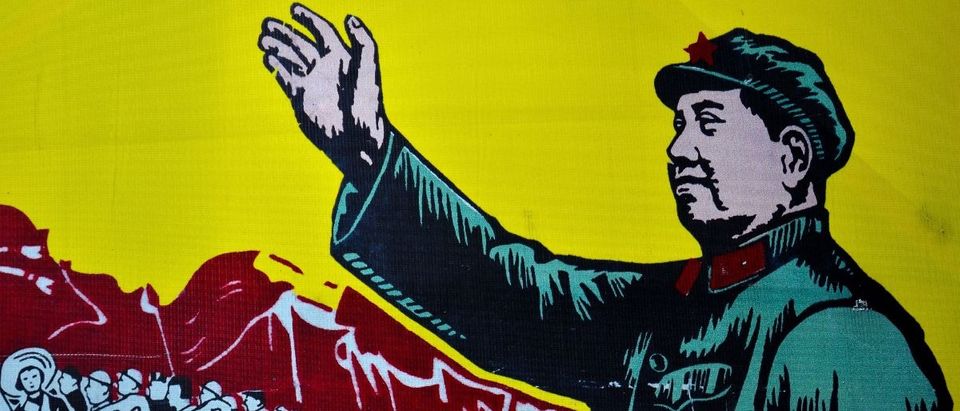For most Americans, our current summer of discontent launched like a bolt from the blue. It began with the explosion of violence in cities, led by angry mobs attacking and calling for the overthrow of an allegedly unjust old order. Their methods range from mass demonstrations to destruction of political-historical symbols to in-person and online “struggle sessions” often referred to as “cancel culture” in today’s jargon.
The catalyst for the current campaign ostensibly is the May 25 suffocation of George Floyd, seen around the world. The terrible image and reality of former Officer Derek Chauvin’s knee to the victim’s neck, while universally denounced and condemned, provoked a powerful political and media reaction. It also fueled the launch of a mass campaign protesting systemic injustice, whose declared objectives go well beyond issues of race and police conduct at the heart of the Minneapolis tragedy.
While they sympathize with the anger at the injustice in Minneapolis and the need for a systemic response, many Americans can be forgiven for being concerned the current mass movement is not a call for reform or restitution. It is an organized attack on the foundations of America itself.
Targeted mass attack on individuals, institutions and property is alien to the 21st century American experience. Revisionist attacks on public monuments of all kinds are confusing. Shaming and crucifixion of public figures and corporations – who fail to genuflect and seek atonement before the mob – is truly shocking.
Our current experience feels alien and un-American for a reason. It is an echo of the Communist Chinese Cultural Revolution of a half century ago.
Fearing loss of control over the “New China” he established in 1949 after the Chinese Civil War, Mao Zedong launched the Great Proletariat Cultural Revolution in May 1966 to purify the nation of “four olds” – old ideas, old customs, old habits, and old culture.
Cultural Revolution mission and tactics are summarized well in a 2016 Guardian article:
- “Our objective is to struggle against and crush those persons in authority who are taking the capitalist road… so as to facilitate the consolidation and development of the socialist system.”
- Schools and universities were closed and churches, shrines, libraries, shops and private homes ransacked or destroyed as the assault on “feudal” traditions began.
- Gangs of teenagers in red armbands and military fatigues roamed the streets of cities such as Beijing and Shanghai setting upon those with “bourgeois” clothes or reactionary haircuts. “Imperialist” street signs were torn down.
- Party officials, teachers and intellectuals also found themselves in the cross-hairs: they were publicly humiliated, beaten and in some cases murdered or driven to suicide after vicious “struggle sessions”.
Radicalized youth steeped in Marxism unleashed to attack and overturn traditional economic, political and social foundations of a nation in favor of authoritarian socialism. Sound familiar?
The modernization and perfection of struggle sessions also is striking.
“The aim of a struggle session was to shape public opinion and humiliate, persecute, or execute political rivals and those deemed class enemies. In general, the victim of a struggle session was forced to admit various crimes before a crowd of people who would verbally and physically abuse the victim until he or she confessed. Struggle sessions were often held at the workplace of the accused, but they were sometimes conducted in sports stadiums where large crowds would gather if the target was well-known.”
Congratulations to the 21st century woke mob for adding the power of the internet, social media and “smart” phone video to this 20th century version of the ancient Roman Colosseum experience … Mao’s Red Guard would admire your execution of cancel culture.
While much of the mainstream media shies away from covering the organized, radical and revolutionary elements of the current wave of protests, it is reasonable to question the idea that what we are witnessing is merely an organic and spontaneous reaction to accumulated examples of systemic racism or injustice.
Minus the red armbands and the 1966 Communist Party directive, a well-funded, trained, and media enabled new guard appears to be attempting to launch an American Maoist cultural revolution in 2020. While not comparable to the scale of China’s destructive decade, the aims of these American revolutionaries are no less bold.
It is long past due for mainstream America and its elected representatives to recognize, organize and counter this radical revolution.
Steve Yates is former deputy national security advisor to Vice President Cheney (2001-05) and China Studies graduate from Johns Hopkins SAIS (1996).


